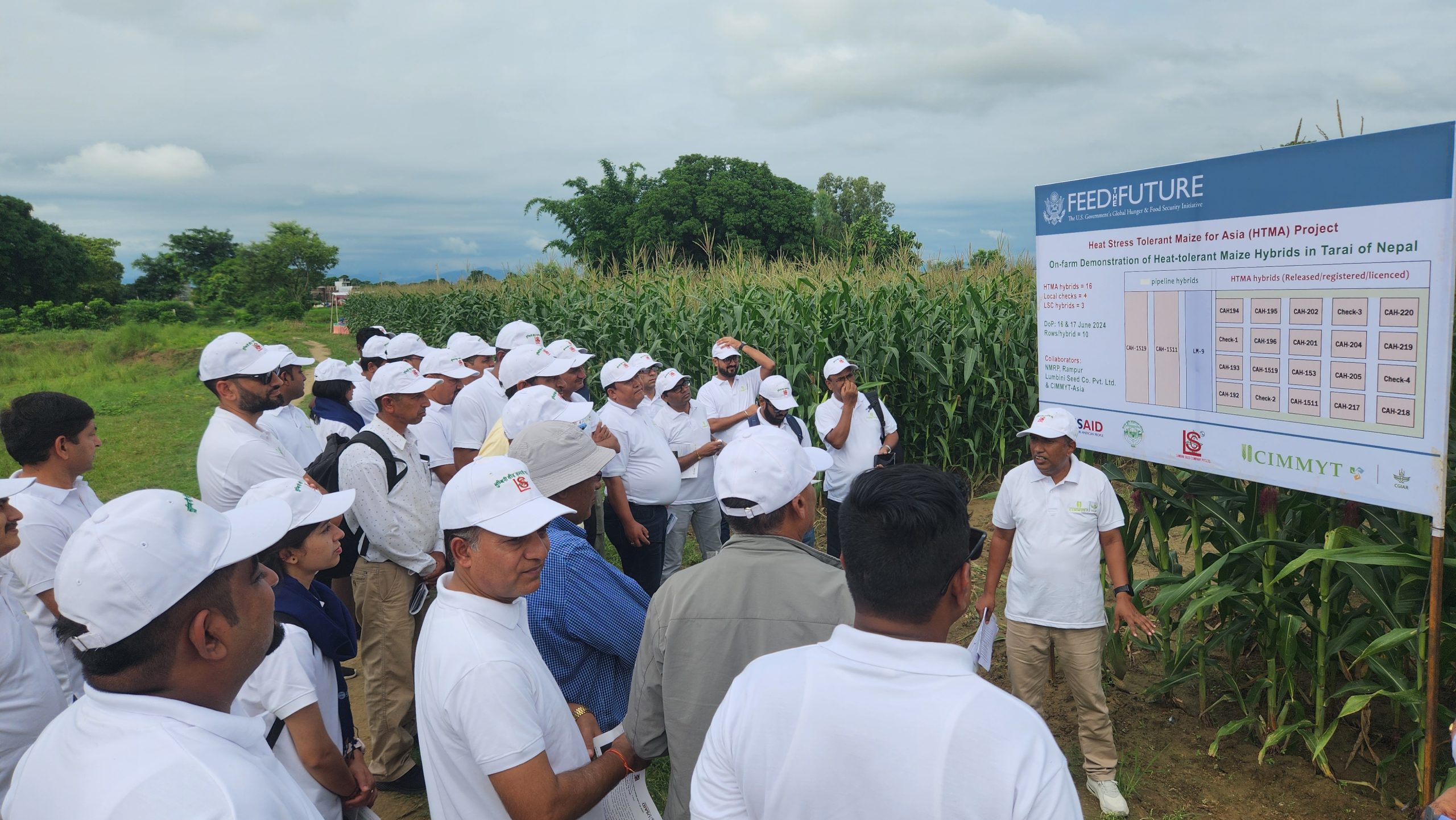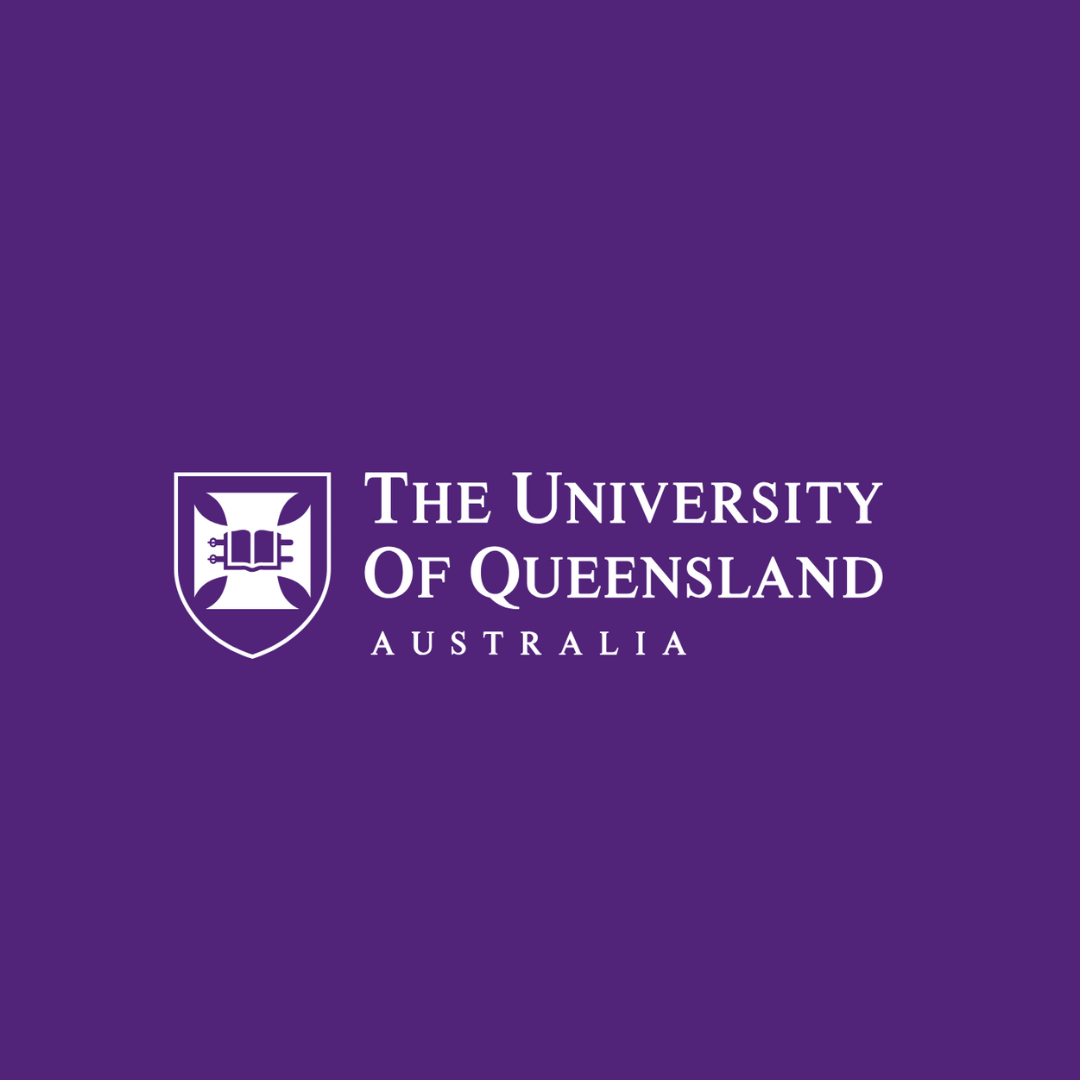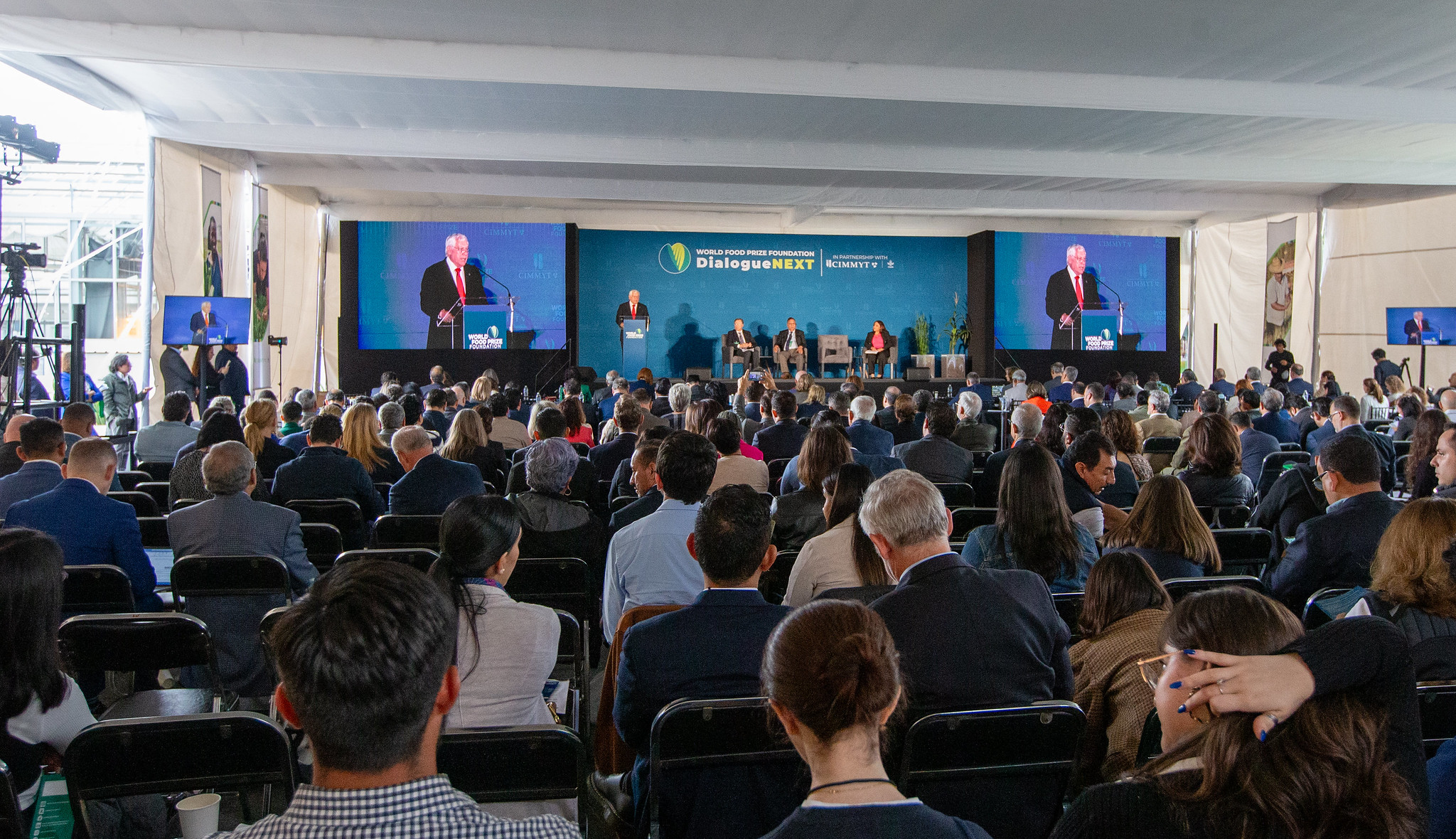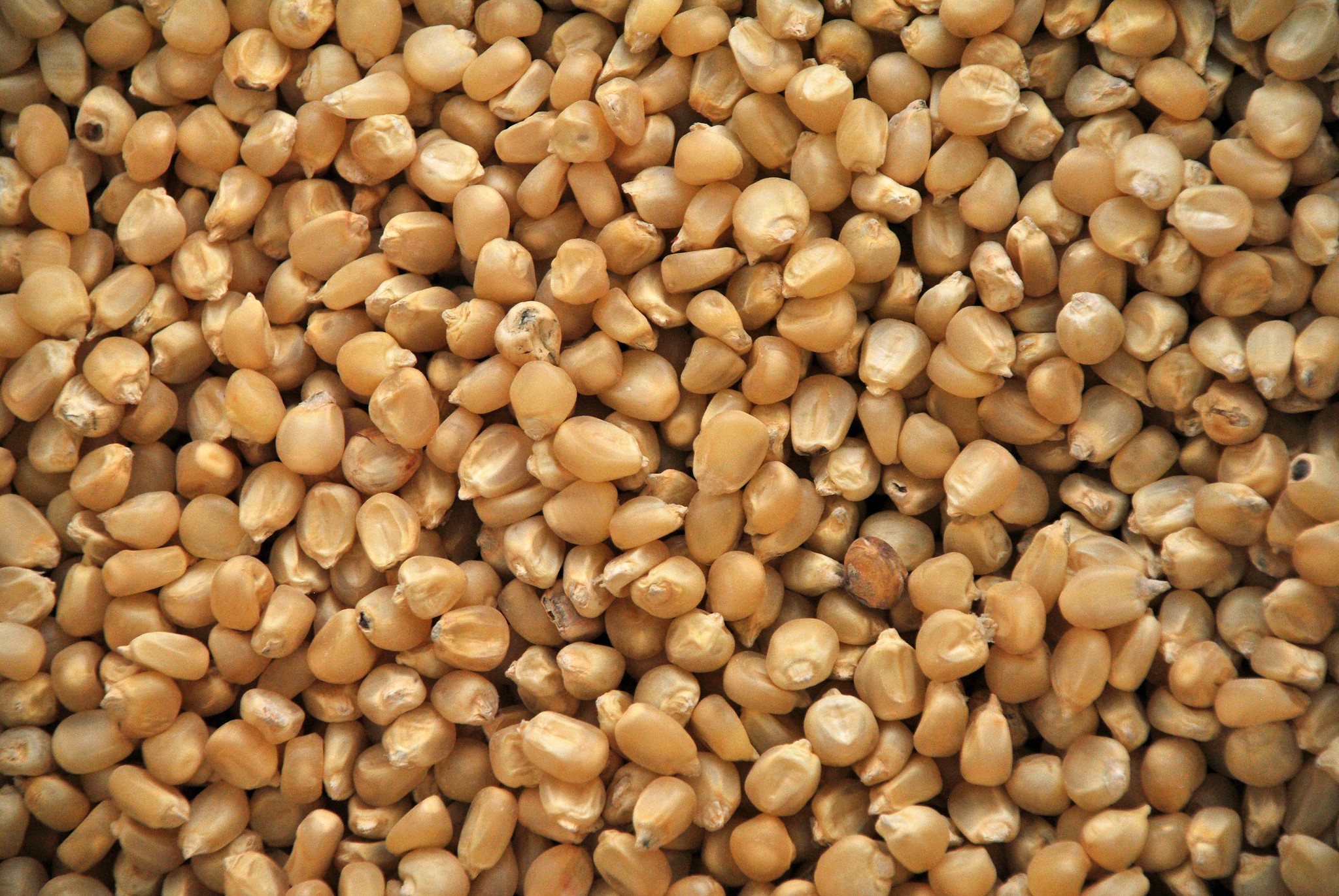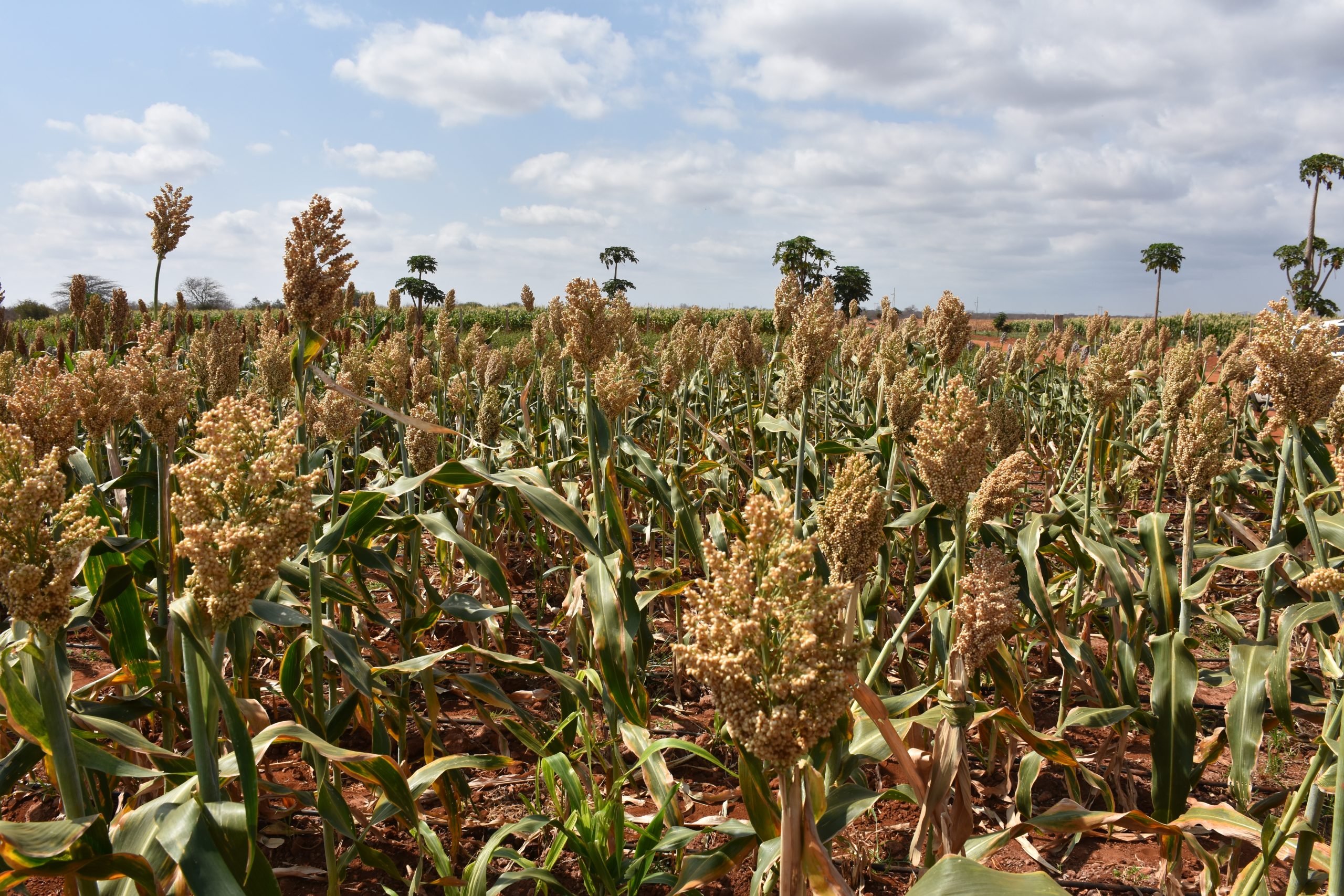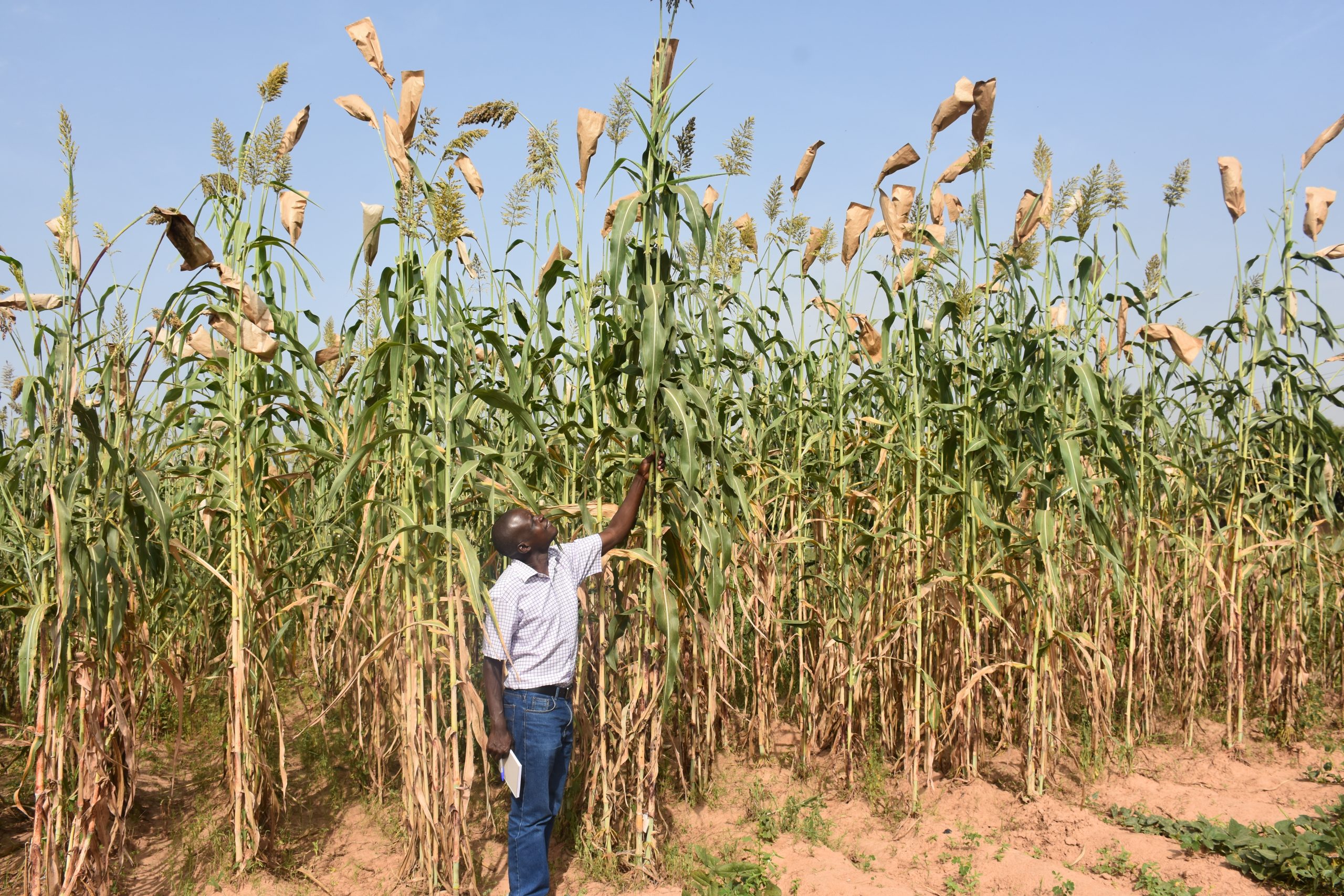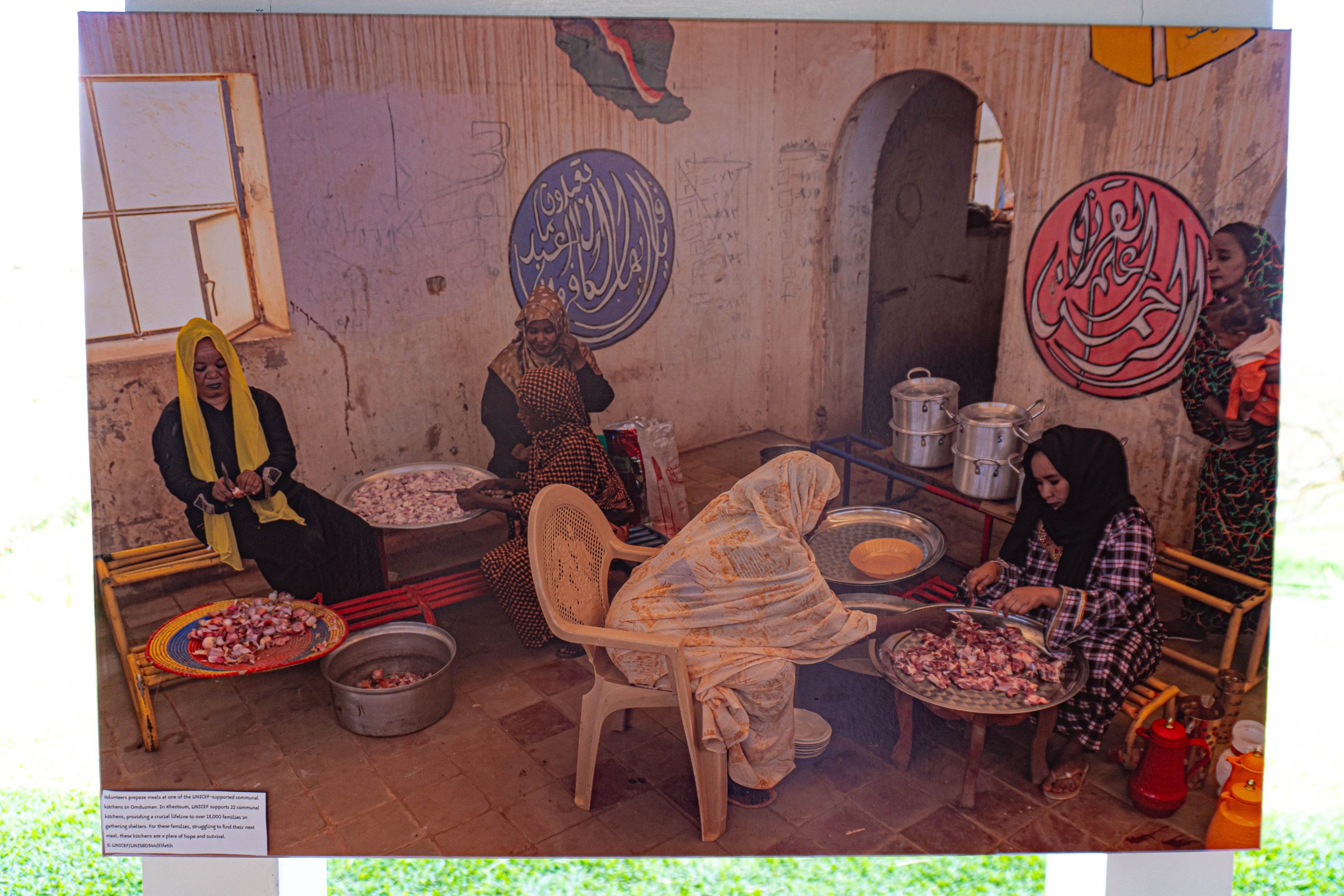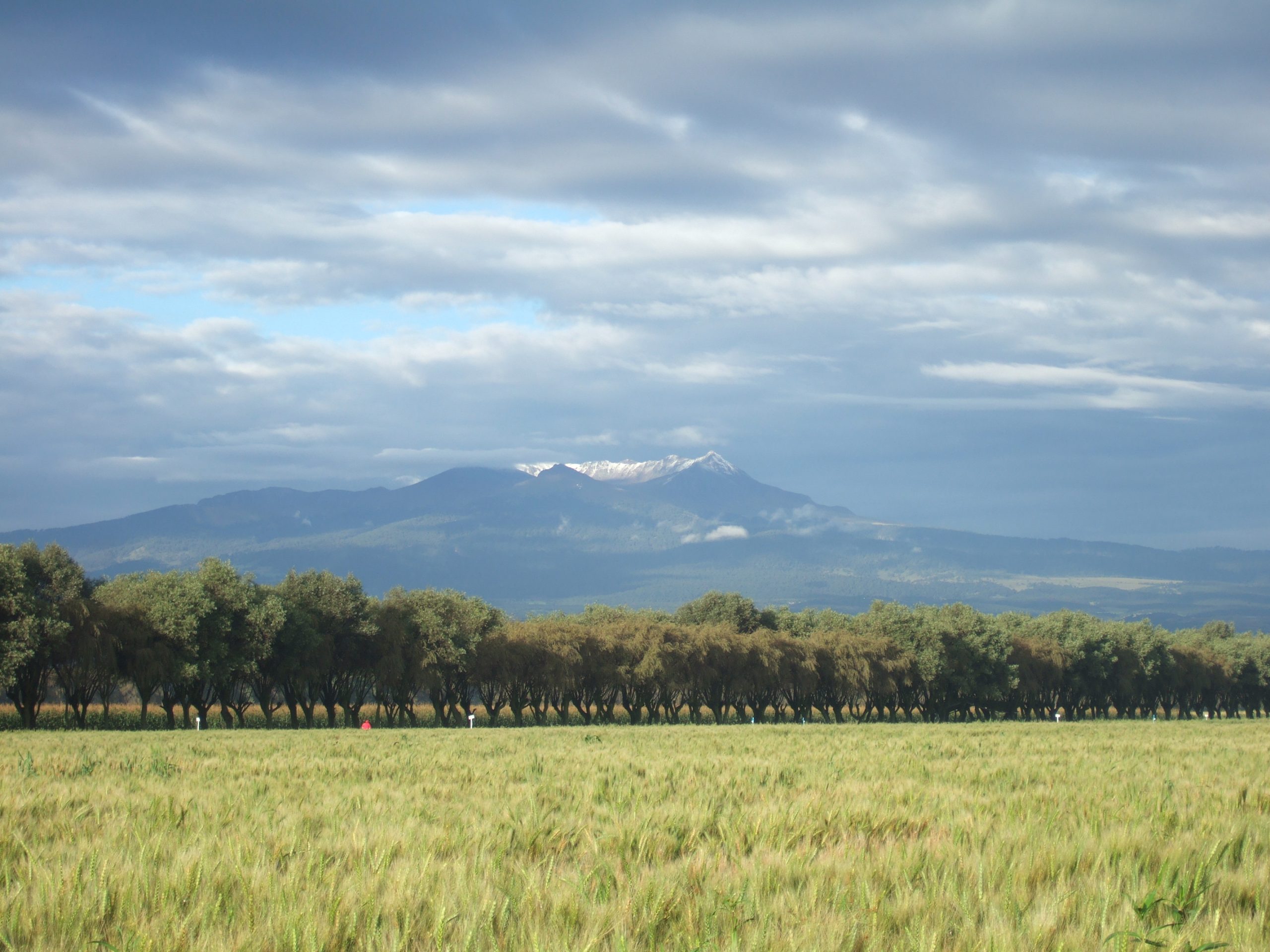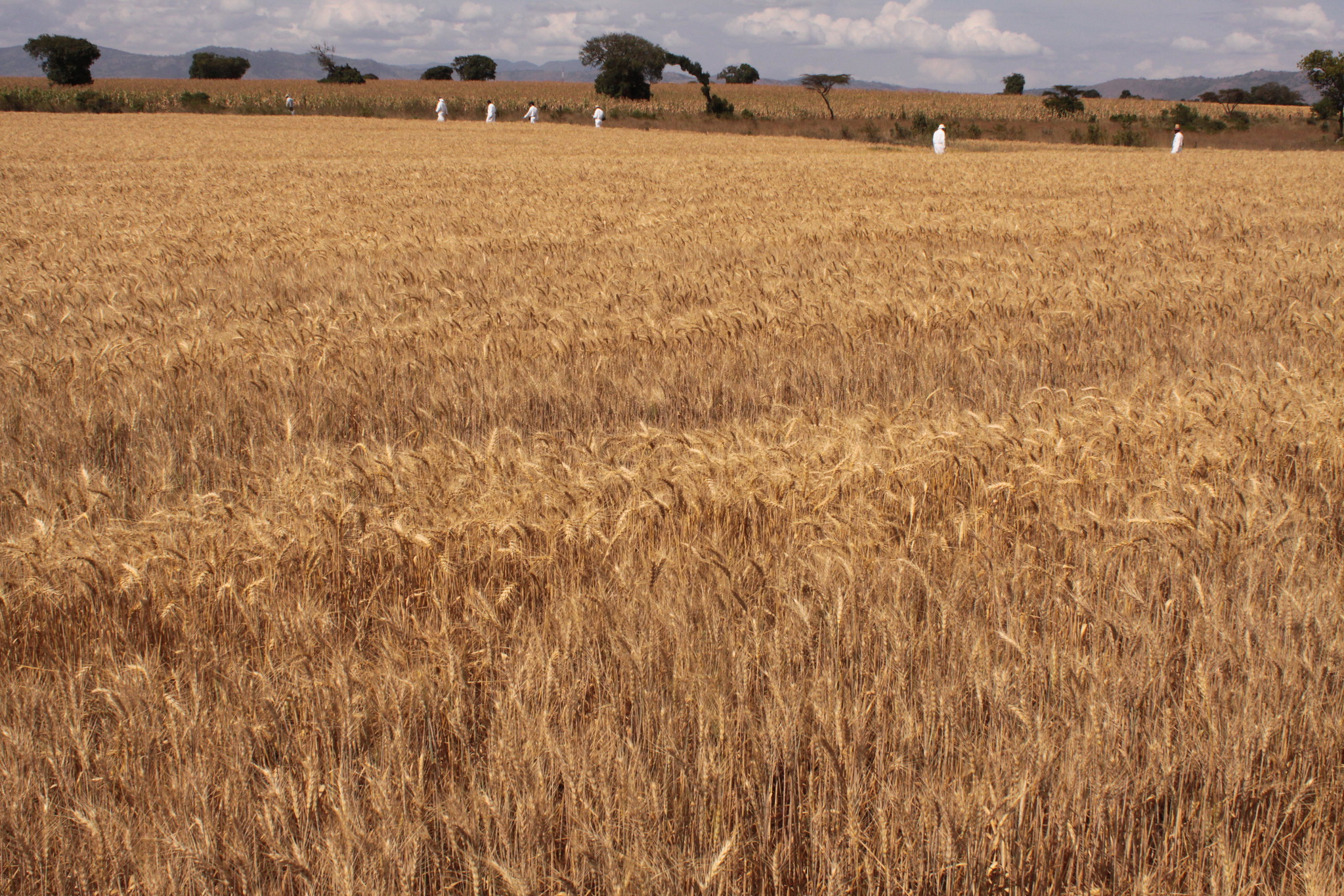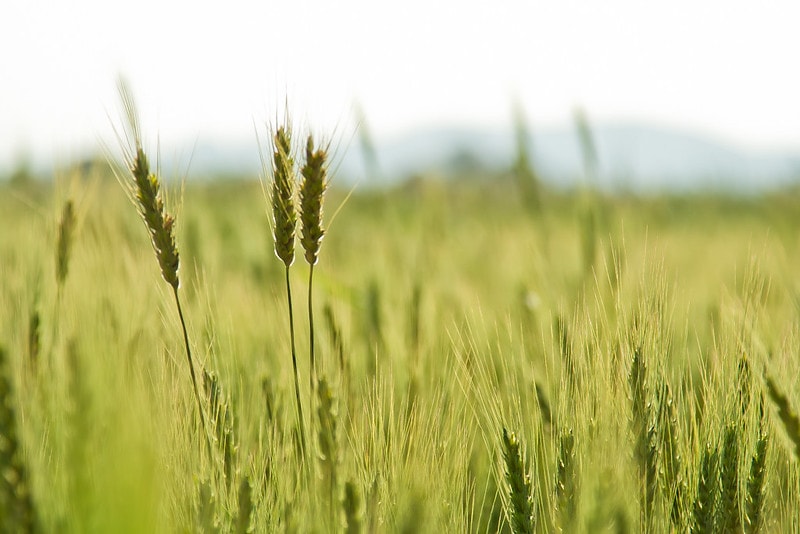News
Svalbard and Humanity’s Food Security
 Capacity development
Capacity development
Cary Fowler and Geoffrey Hawtin received the World Food Prize for their work in conserving global crop diversity, crucially supported by CIMMYT and CGIAR’s genetic resource preservation efforts
This year’s World Food Prize underscores the value of seed banks and their stewards
 Climate adaptation and mitigation
Climate adaptation and mitigation
Source: NPR in Kansas City ()
This year’s World Food Prize highlights the vital role of genebanks like CIMMYT’s in preserving crop diversity, ensuring food security, and supporting climate resilience for future agricultural systems
Seeds to beat the heat in lowland tropics
Partners in South Asia commend HTMA project’s success in the wake of climate change
Context-dependent agricultural intensification pathways to increase rice production in India
 Climate adaptation and mitigation
Climate adaptation and mitigation
Source: Nature Communications ()
A Nature Communications study shows that targeted nitrogen and irrigation interventions can sustainably boost rice yields and profitability in India
CIMMYT Director General visit to UQ
 Capacity development
Capacity development
Source: The University of Queensland ()
CIMMYT Director General Bram Govaerts’ visit to UQ strengthened a long-standing partnership focused on advancing sustainable agriculture and food security
Melinda Smale: Exploring the Economic Value of Crop Diversity Conservation
 Environmental health and biodiversity
Environmental health and biodiversity
Source: Dailyhunt ()
Melinda Smale’s collaboration with CIMMYT has significantly advanced the understanding of crop diversity conservation, directly contributing to global agricultural sustainability and food security
Enhancing the resilience of our farmers and our food systems: global collaboration at DialogueNEXT
 Capacity development
Capacity development
CIMMYT and the World Food Prize Foundation co-organized DialogueNEXT—Seeds of strength: Nurturing farmer resilience, held at CIMMYT headquarters in Mexico from 10 to 11 July 2024. The event brought together scientists, agribusiness leaders, farmers, and policymakers from over 200 organizations and 55 nations, to help shape global collaboration and strategies for sustainably producing nutritious food for all, within planetary boundaries.
CIMMYT scientists deliver training to improve agriculture in Uzbekistan
 Capacity development
Capacity development
Agricultural scientists from Uzbekistan completed training on genetic resources and gene banks in Türkiye to build research cooperation and enhance agricultural knowledge across the region.
Launch of a new Global Partnership for the Vision for Adapted Crops and Soils initiative
 Capacity development
Capacity development
FAO and CIMMYT team up to boost traditional nutrient-rich, climate-resilient crops and healthy soils to enhance diet quality for today and tomorrow.
G7 summit highlights importance of sustainable food systems
 Climate adaptation and mitigation
Climate adaptation and mitigation
CIMMYT contributes to the G7 goals on agricultural productivity, food security, and climate change through the Vision for Adapted Crops and Soils initiative.
CIMMYT calls for direct agricultural investment to address Sudan’s food crisis
 Climate adaptation and mitigation
Climate adaptation and mitigation
CIMMYT proposes actions to respond to the deteriorating food crisis catalyzed by the ongoing civil war in Sudan.
MARA-CIMMYT Joint Laboratory hosts CGIAR delegation
 Environmental health and biodiversity
Environmental health and biodiversity
The MARA-CIMMYT Joint Laboratory, hosted by Chinese Academy of Agricultural Sciences (CAAS), welcomed a delegation of CGIAR directors on genetic innovation and resources.
Advancing wheat breeding through rapid marker-selectable trait introgression
 Innovations
Innovations
CIMMYT’s commitment to excellence and precision is exemplified in the AGG WHEAT marker-selectable trait introgression. The journey from concept to reality—marked by the entry of 97 F5 lines into yield trials—signals a new era in wheat breeding.
East African wheat breeding pipeline and E&SSA network
 Climate adaptation and mitigation
Climate adaptation and mitigation
Genetic trials in the region will continue throughout 2024 and 2025 to establish a baseline for genetic gains and to enable the assessment of the breeding pipeline’s progress in the coming years.
Enhancing wheat breeding efficiency in South Asia through early germplasm access
 Environmental health and biodiversity
Environmental health and biodiversity
Success stories witnessed in India, Pakistan, and Nepal underscore the transformative potential of this approach, offering a beacon of hope for agricultural communities in South Asia and beyond.


